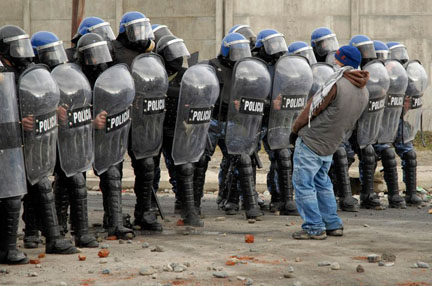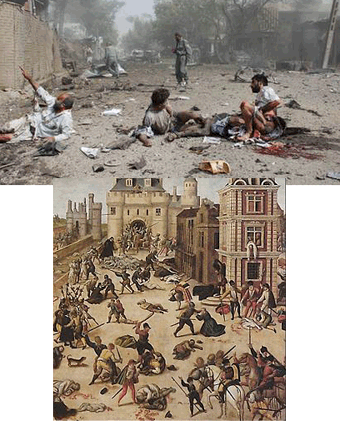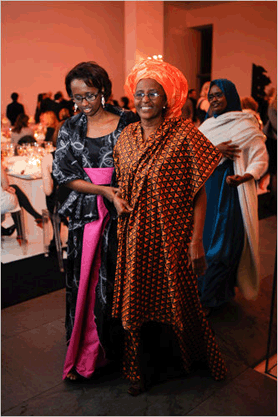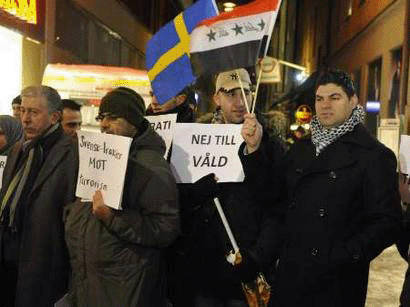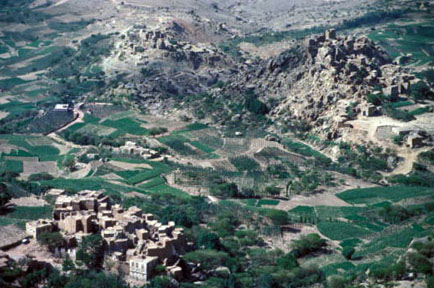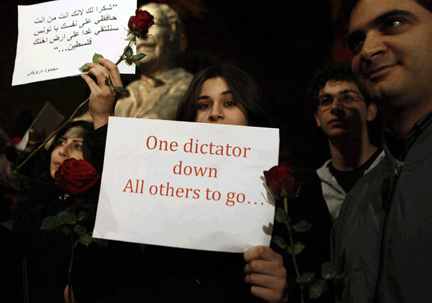
The recent revolution in Tunisia has exploded across the blogosphere, with pundits talking about a popular tsunami that may promote democracy out of the ashes of a lifelong dictatorship. In yesterday’s New York Times, Roger Cohen provided an optimistic view from his journalistic perch in Tunis: “These are heady days in the Arab world’s fragile democratic bridgehead.” Cohen, and others, are wondering aloud if Tunisia can become the new Turkey, a more or less secular democracy in which the “Islamists” are moderate members of a political mosaic. If so, then he warns that the “tired refrain of all the Arab despots that they are the only bulwark against the jihadists will be seen for the self-serving lie it has become.”
Perhaps, but one does not have to go far back into the regime of Saddam Hussein to realize that his Ba’athi party did not tolerate religiously motivated sectarian violence. Brutal as it was, his regime was a bulwark (if such a metaphor really makes sense politically) against the continual round in “liberated” Iraq of sunni killing shi’a and vice versa. But then Saddam was not brought down by a popular street uprising. Continue reading Tuning into Tunisia
